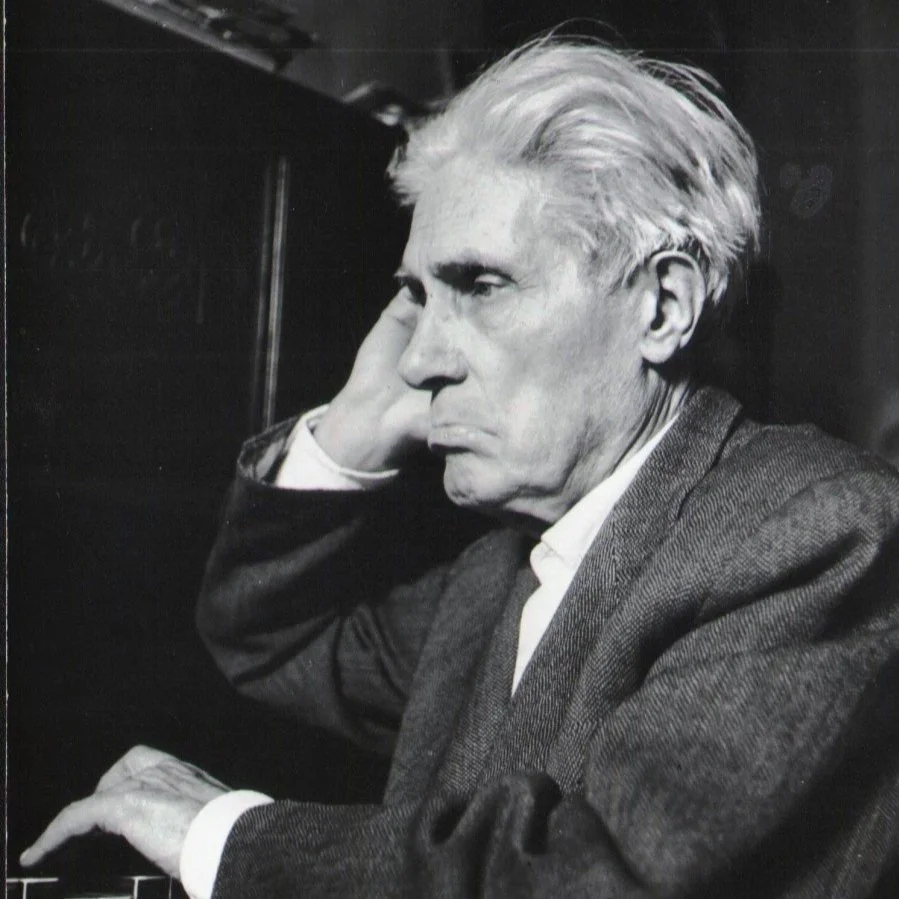Voice building and vocal fatigue
"...every time his friend, the baritone Burzi, finished his lesson (with Arturo Melocchi), he couldn't speak anymore and would salute everyone with a wave of the hand. Rolando would remain astounded, but Burzi explained to him that it was similar to the training of an athlete: someone who trains in the gym for an hour or two cannot run a marathon immediately after. If an athlete wants to increase their muscle mass, he needs to engage in challenging exercises with heavy loads and will be exhausted after the training session, unable to perform the same exercises the next day. The same principle applies to the voice.
Some students, lacking will and trust in their teacher, would stop taking lessons, seeing that they wouldn’t have any voice left after the lesson. Sometimes the voice would "scratch," using technical terms, and some students would conclude that Melocchi was ruining their voices. In reality, when the voice would "scratch," Melocchi would define it as "creaking," considering it a sign of progress because it meant that the larynx was working.
The voice would later become hoarse, with a "fog in the throat" after a couple of hours of the lesson, making it impossible to have another lesson the next day. It was necessary to wait, sometimes even a week or fifteen days, and only after that rest period, the desired result could be achieved."
The text was quoted and translated from the book “Non si canta con le corde vocali” by Eddy Lovaglio
If you’d like a broader introduction to the Melocchi method, you may also enjoy the overview on our homepage: Arturo Melocchi Academy
Ready to discover the full potential of your voice?

